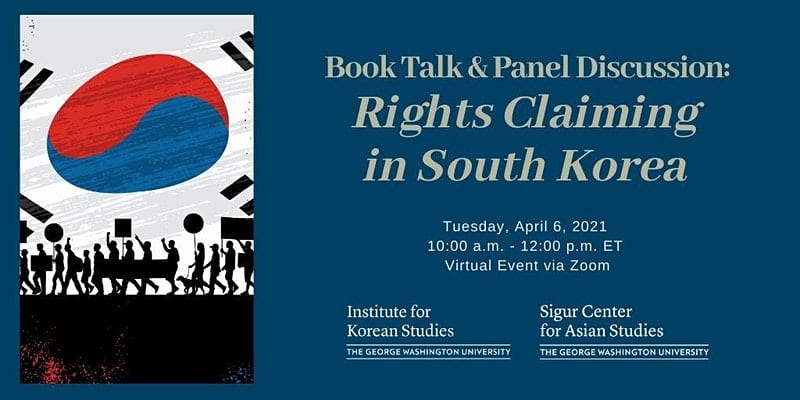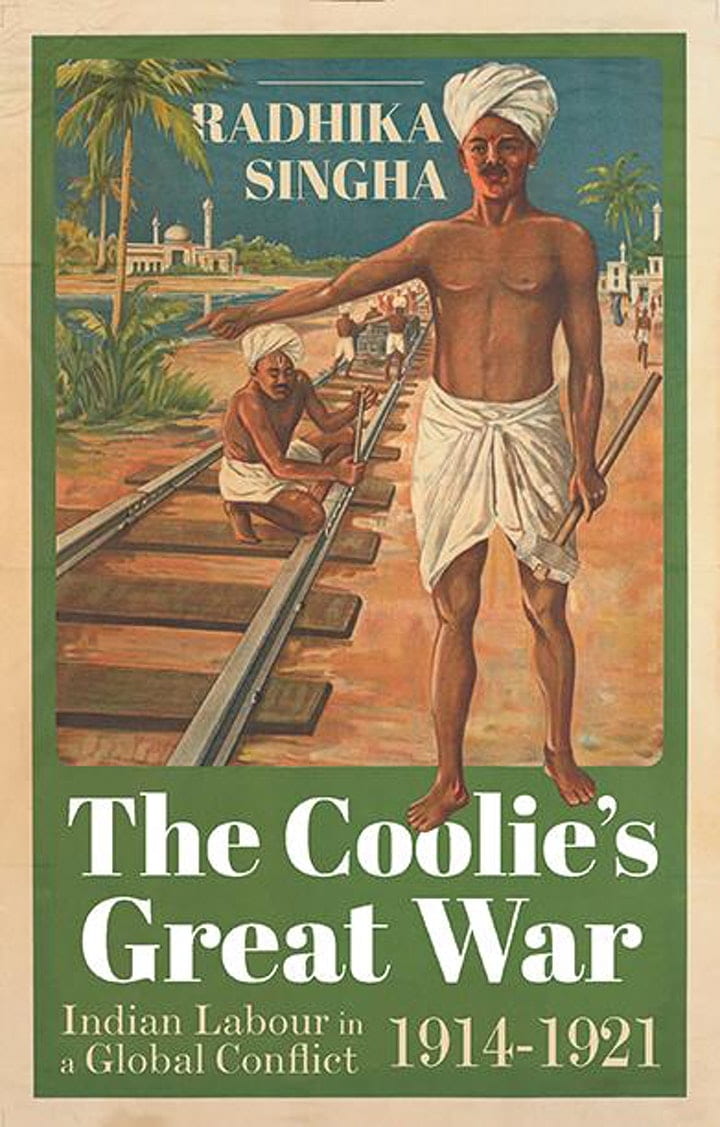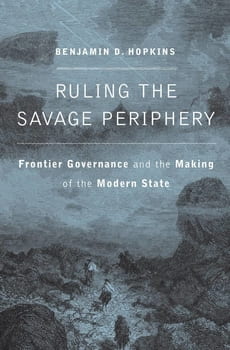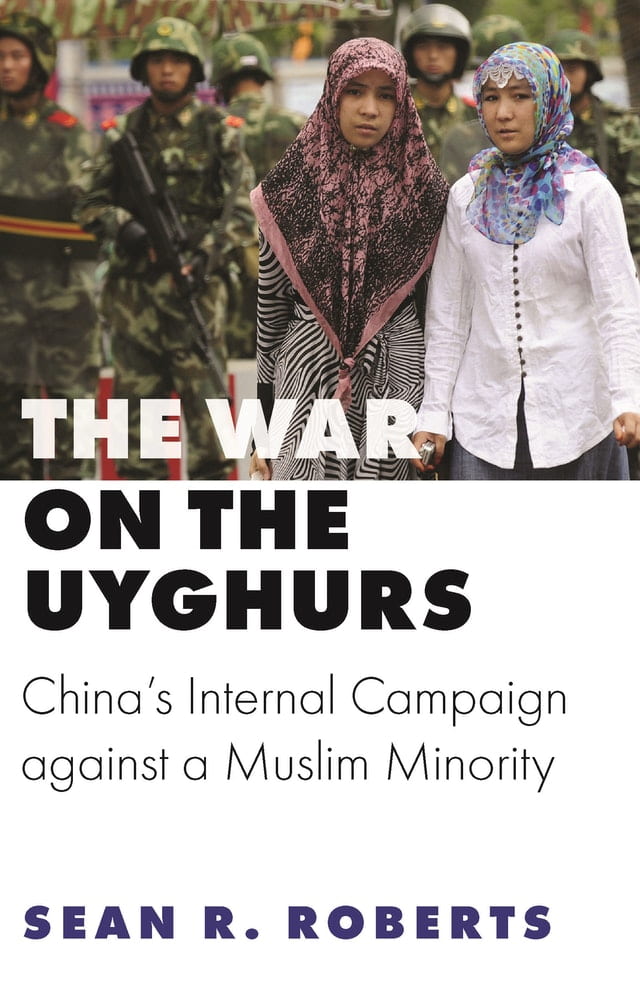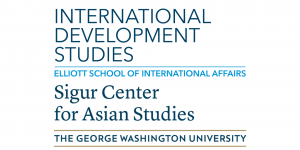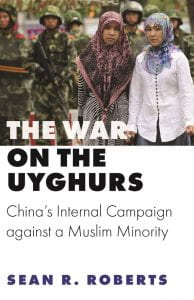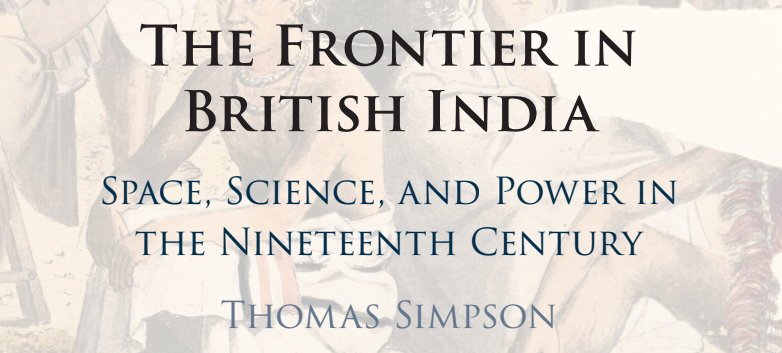
Tuesday, February 9th, 2021
10:00 AM – 11:15 AM EST | 3:00 PM – 4:15 PM GMT
WebEx Event
The Sigur Center for Asian Studies proudly hosts Thomas Simpson, Research Fellow at the University of Cambridge, in the second edition of the 2021 New Books in Asian Studies series to discuss his recently published The Frontier in British India: Space, Science, and Power in the Nineteenth Century with Director Benjamin D. Hopkins, who will act as a moderator and discussant during the event.
Thomas Simpson provides an innovative account of how distinctive forms of colonial power and knowledge developed at the territorial fringes of colonial India during the nineteenth century. Through critical interventions in a wide range of theoretical and historiographical fields, he speaks to historians of empire and science, anthropologists, and geographers alike.
The Frontier in British India provides the first connected and comparative analysis of frontiers in northwest and northeast India, and draws on visual and written materials from an array of archives across the subcontinent and the UK. Colonial interventions in frontier spaces and populations were, it shows, enormously destructive but also prone to confusion and failure on their own terms. British frontier administrators did not merely suffer ‘turbulent’ frontiers, but actively worked to generate and uphold these regions as spaces of governmental and scientific exception. Accordingly, India’s frontiers became crucial spaces of imperial practice and imagination throughout the nineteenth century.
This event is free, open to the public, and will be recorded.
